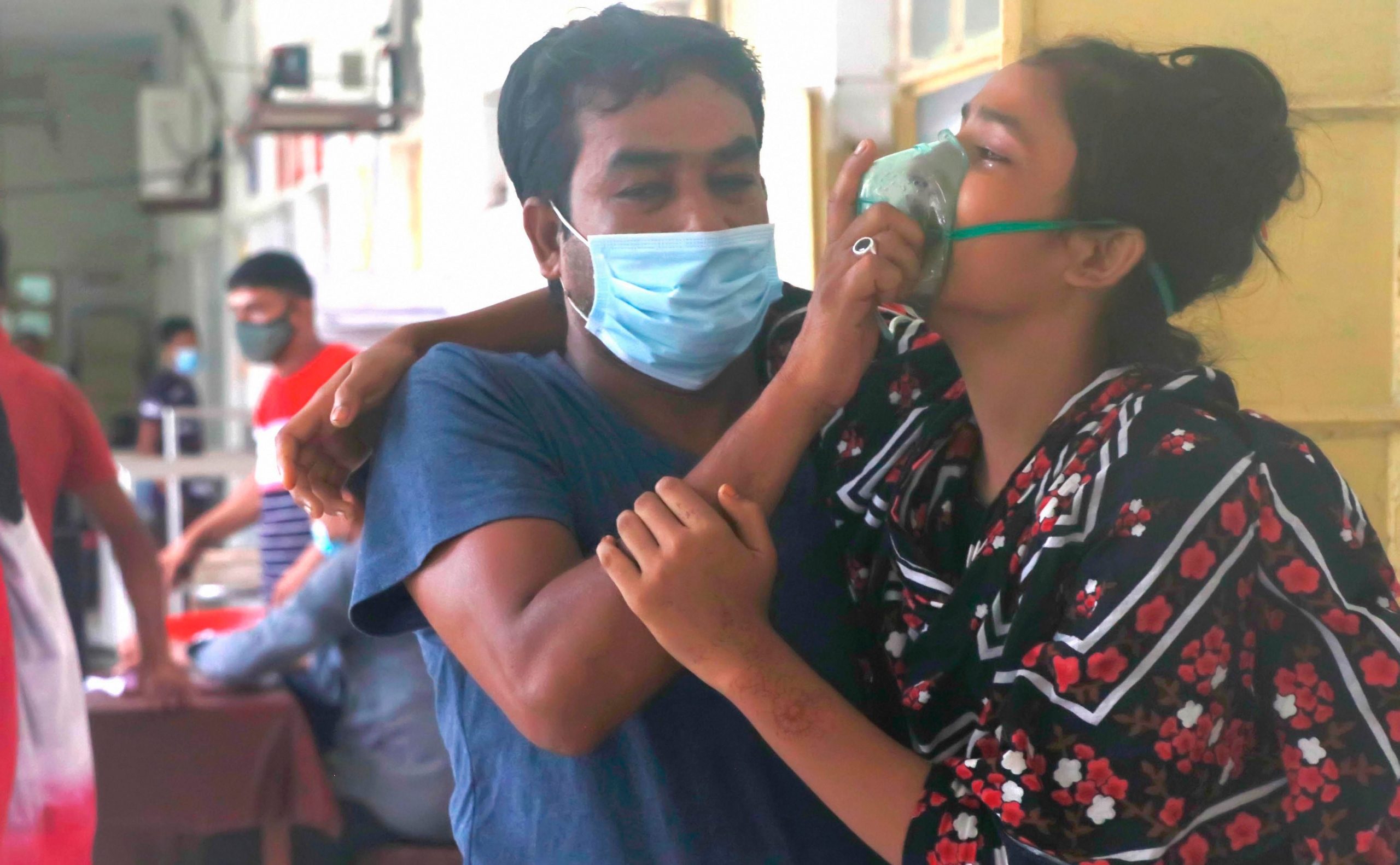People infected with the novel coronavirus during the second wave of the pandemic saw an abnormal increase in blood sugar levels, according to a surve conducted by the All India Institute of Medical Sciences (AIIMS) in Patna.
As part of the telephonic survey, AIIMS Patna called up around 3,000 people who had been treated for COVID-19 and enquired about their health post- recovery, NDTV reported.
Dr Anil Kumar, head of the post-trauma department and community outreach, said that people were asked about at least 11 types of health issues including fatigue and loss of appetite.
Of the 3,000 respondents, 16% (480) reported a rise in blood sugar levels, 28% (840) reported feeling weak long after testing negative and 21.2% (636) experienced fatigue. There was one case of minor amputation.
Also Read | COVID patients should avoid their pets, study reveals
According to the respondents, 15.8% (474) have cough while 5% (150) are suffering from breathing troubles, 7% (210) are dealing with hypertension and 4% (120) are battling mental health issues such as anxiety.
Further, 10 patients reported to have suffered from gangrene and five from black fungus.
The team of surveyors from AIIMS advised patients on corrective steps that may help them in the long run.
Also Read | Germany, Spain among EU nations to accept Covishield amid travel row: Report
Meanwhile, even though black fungus cases have come down of late, the erratic supply of antifungal drug Amphotericin-B is emerging as a problem for patients.
Doctors and medical experts are closely monitoring what is now being called ‘long COVID’ as reports pour in from around the world about people discovering new health issues after testing negative for COVID-19.







